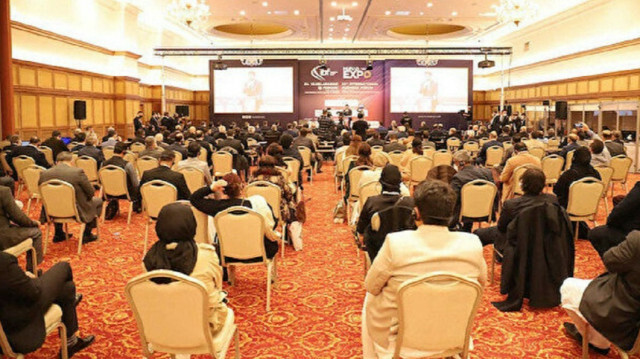The International Finance Corporation (IFC) has set aside US$1.8 billion (Dh6.61bn) for investment this year in regional projects such as agribusinesses to improve food security, officials say.
Ajay Malik, the investment officer for the Mena region and southern Europe at the IFC, the World Bank’s investment arm, said it had raised its investment target from $1.7bn last year and planned to increase the amount in coming years.
“The Mena [region] is a focus for us, not only in agribusiness but we are doing infrastructure, education and health,” Mr Malik said on the sidelines of the Gulfood exhibition in Dubai.
The IFC provides investment, financing and advisory services to foster sustainable economic growth in developing countries.
The $1.8bn would help to fund projects worth as much as $10bn in the region, Mr Malik said.
Santoshkumar Vasudevan, the principal investment officer for the Mena region, said the IFC planned to increase investments in agribusiness and food, particularly in the larger countries in the area, such as Egypt and Morocco.
The IFC does not invest directly into the GCC countries, as the high GDP per capita means they do not need to rely on outside investment.
But the IFC is in discussions with private sector companies that plan to expand outside the GCC, said Mr Vasudevan.
The IFC aims to invest in projects that aid food securityand plans to boost food processing and logisticsy, he said. “In this region, for sure, logistics is the key,” Mr Vasudevan said. “There is a lot of food that is not reaching the market because access to the markets is not [good] enough.” Food security is a key issue for countries in the Gulf, particularly the UAE where as much as 85 per cent of foodstuffs are imported.
Last year, food imports into Dubai rose by 23.1 per cent compared with 2009 to 5.2 million tonnes, data from the Dubai Municipality show.
The biggest category was grains and cereals, with 1.7 million tonnes brought into the emirate, up 22.1 per cent on the year before.
The second-largest category of food imports was fruit and its products, with some 932,000 tonnes brought into the country, followed by vegetables, of which about 623,000 tonnes were imported by Dubai.



